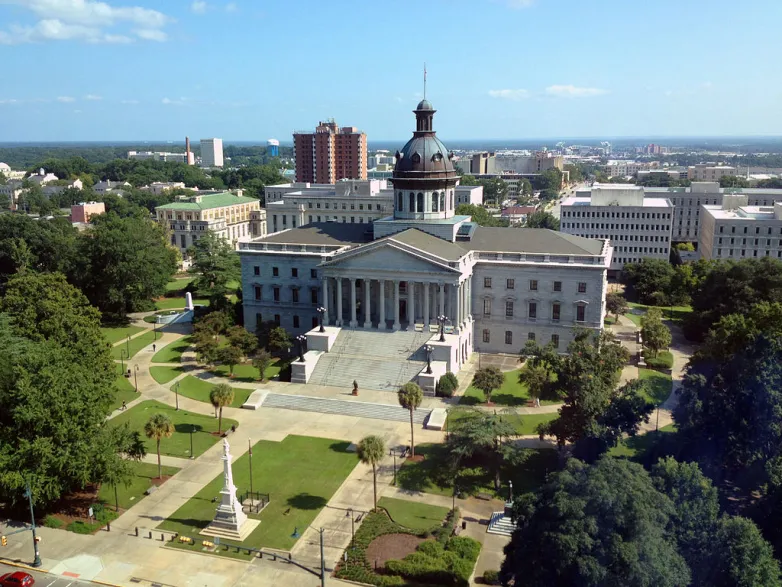South Carolina utilities work out new web metering plan
- The South Carolina Public Service Commission has settled the United States state's internet metering regulations, which will see some current solar consumers stay on the same regimen until 2029.

The upgraded program will consist of time-of-use rates and also discounts for smart thermostats, which the Solar Energy Industries Association (SEIA) stated will "much better straighten customer behaviour with electrical energy system needs".
Those that are already solar clients will have their existing routine reached 2025 or 2029, relying on when they changed to solar, as well as when that expansion ends, they can continue their current regimen with 2025 or 2029 energy prices, or button to the new plan.
The new regimen, which was arranged by stakeholders Duke Energy Carolinas, Duke Energy Progress, North Carolina Sustainable Energy Association; the South Carolina Coastal Conservation League, Southern Alliance for Clean Energy, Upstate Forever and Vote Solar, was approved all by regulatory authorities on 19 May.
It mentions that between 1 June and also 31 December 2021 there will be a regular monthly cap on solar applications of 1.2 MW for Duke Energy Carolinas as well as 300kW for Duke Energy Progress. If the monthly cap is gotten to as well as a customer still wishes to set up solar under an interim cyclist between after that and also 2029, the customer will need to withdraw their application as well as re-apply the next month. Both utilities will additionally use acting cyclists to household customers that apply in the second fifty percent of this year, that will remain on their existing rate routine till May 2029 and afterwards will be offered the alternative to move onto a permanent tariff.
Web metering has ended up being a hotly opposed problem in the US as property solar installments have ended up being more commonplace. Around 40 states have a net metering plan.
An utility in Illinois prompted tough backlash when it tried to block complete internet metering for brand-new solar clients last year, as well as was eventually voted down by the state's Business Commission in December. Then in March, solar campaigners in California struck out at an effort to "modernise" the state's net-metering policy from three energy firms, warning that a policy change would certainly "change the ground beneath neighborhood organization, influence job roles, and also reverberate past the state's boundaries."
The US Federal Energy Regulatory Commission (FERC) rejected a petition last July which asked for internet metering policies to find under federal jurisdiction.
SEIA welcomed the policy update from South Carolina. Will Giese, SEIA's local supervisor, said the new program "supports energy flexibility and also South Carolina's neighborhood solar market" and also is "eventually a win for current and also future solar clients" in the state as well as will urge the roof solar sector's development.
The profession body additionally commended Duke Energy for functioning very closely with solar sector stakeholders throughout the process. Giese stated he wishes that "more utilities will remember of this technique and also deal with us on these important matters."
Also read

